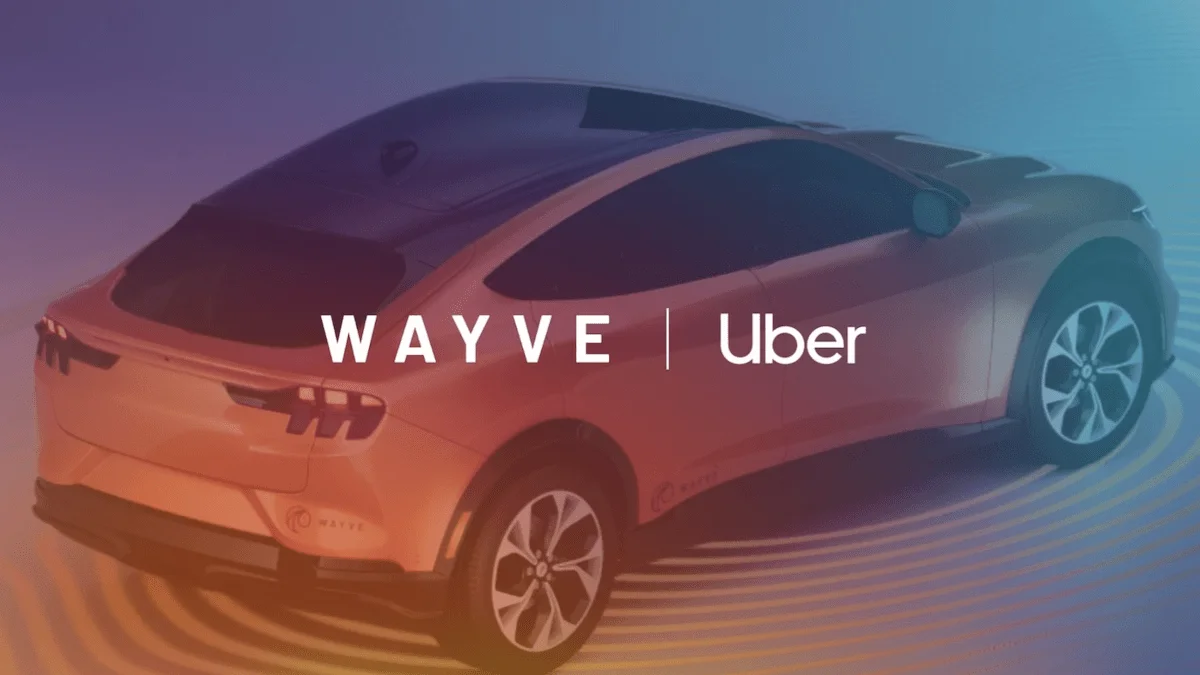Necessary Always Active
Necessary cookies are required to enable the basic features of this site, such as providing secure log-in or adjusting your consent preferences. These cookies do not store any personally identifiable data.
|
||||||
|
||||||
|
||||||
|

US-based ride hailing firm Uber has announced plans to introduce self-driving cars in the UK starting 2026, CNBC reported. Uber driverless cars in the UK will be powered by self-driving technology developed by British autonomous driving startup, Wayve.
Uber said that its UK robotaxi trials will be the first for the ride hailing firm and will enable users to take rides without having a human driver onboard. This standard of self-driving is known as Level in the industry. Uber President and Chief Operating Officer Andrew Macdonald said that his company’s partnership with Wayve will enable the company to achieve its vision sooner.
“Our vision is to make autonomy a safe and reliable option for riders everywhere, and this trial in London brings that future closer to reality. We’re excited to take the next step in our journey with Wayve, bringing autonomous mobility to one of the world’s busiest and most complex urban environments,” Uber President and Chief Operating Officer Andrew Macdonald said.
Autonomous vehicles have gained popularity in San Francisco where Waymo, the autonomous driving venture, provides commercial robotaxi service. The UK startup said its partnership with Uber would boost its efforts to scale Wayve autonomous technology.
“This is a defining moment for UK autonomy. With Uber and a global OEM partner, we’re preparing to put our AI Driver technology into real service on the streets of London,” Wayve CEO and co-founder Alex Kendall said.
Uber attributed the successful launch of its UK pilot to the accelerated framework that the Department of Transport in the country developed to guide autonomous commercial pilots. In 2023, the UK passed the Autonomous Vehicles Act.
This law paves way for autonomous vehicles to operate on UK roads starting 2026. Under the new law, self-driving cars have to achieve a specific level of safety, similar to the competence and care of human drivers.
Wayve and Uber committed to work closely with Transport for London and the UK government to acquire regulatory permissions and approvals to launch the trials. Transport for London is the authority that oversees transportation in London.
“We are working quickly and will implement self-driving vehicle legislation in the second half of 2027. We are also exploring options for short-term trials and pilots to create the right conditions for a thriving self-driving sector,” the Department for Transport said.
Driverless cars are expected to reduce road injuries and deaths due to their almost fault-proof systems. The UK Department of Transport said that automated vehicle technology will likely create 38,000 jobs in Britain and add about £42billion to the country’s economy by 2035.
It’s still not clear whether AI-powered uber car users will take part in the trial. However, in an interview with BBC, Macdonald said the ride-hailing firm was ready to go with autonomous taxis on UK streets.
“We’re ready to launch robotaxis in the UK as soon as the regulatory environment is ready for us,” Macdonald said.
Supported by Softbank, Wayve leverages AI to develop autonomous driving software. Its self-driving technology allows vehicles to assess their surroundings. It is designed to be used in any environment. Uber is working with 17 other autonomous vehicle tech firms. In addition to the US, the ride hailing firm is also operating in the UAE, Singapore and China.
Initially, the UK government was planning to introduce the self-driving robotaxis to British roads in the second half of 2027. The government’s move to effect the new law reflects its commitment to get the self-driving taxis on UK roads sooner.